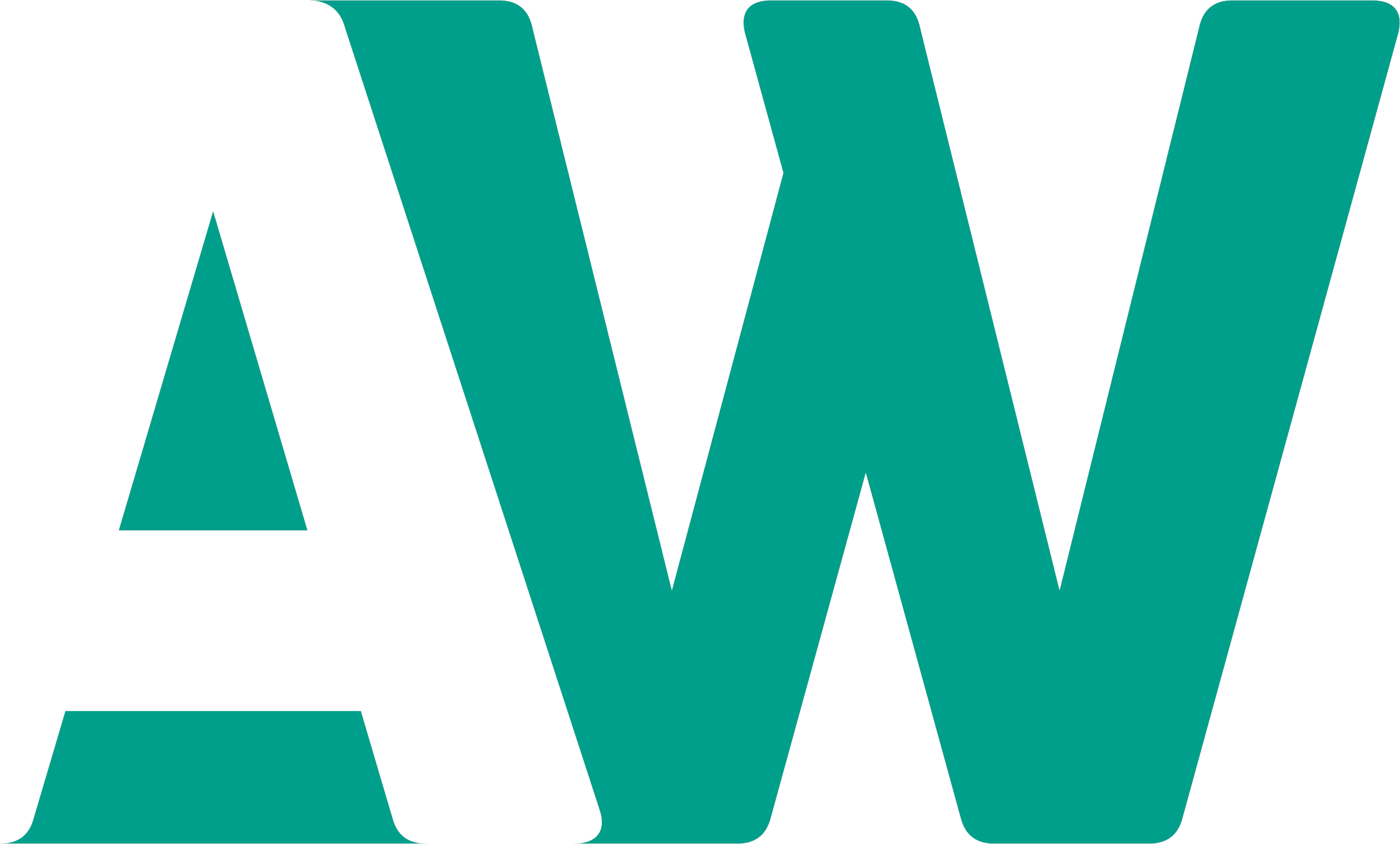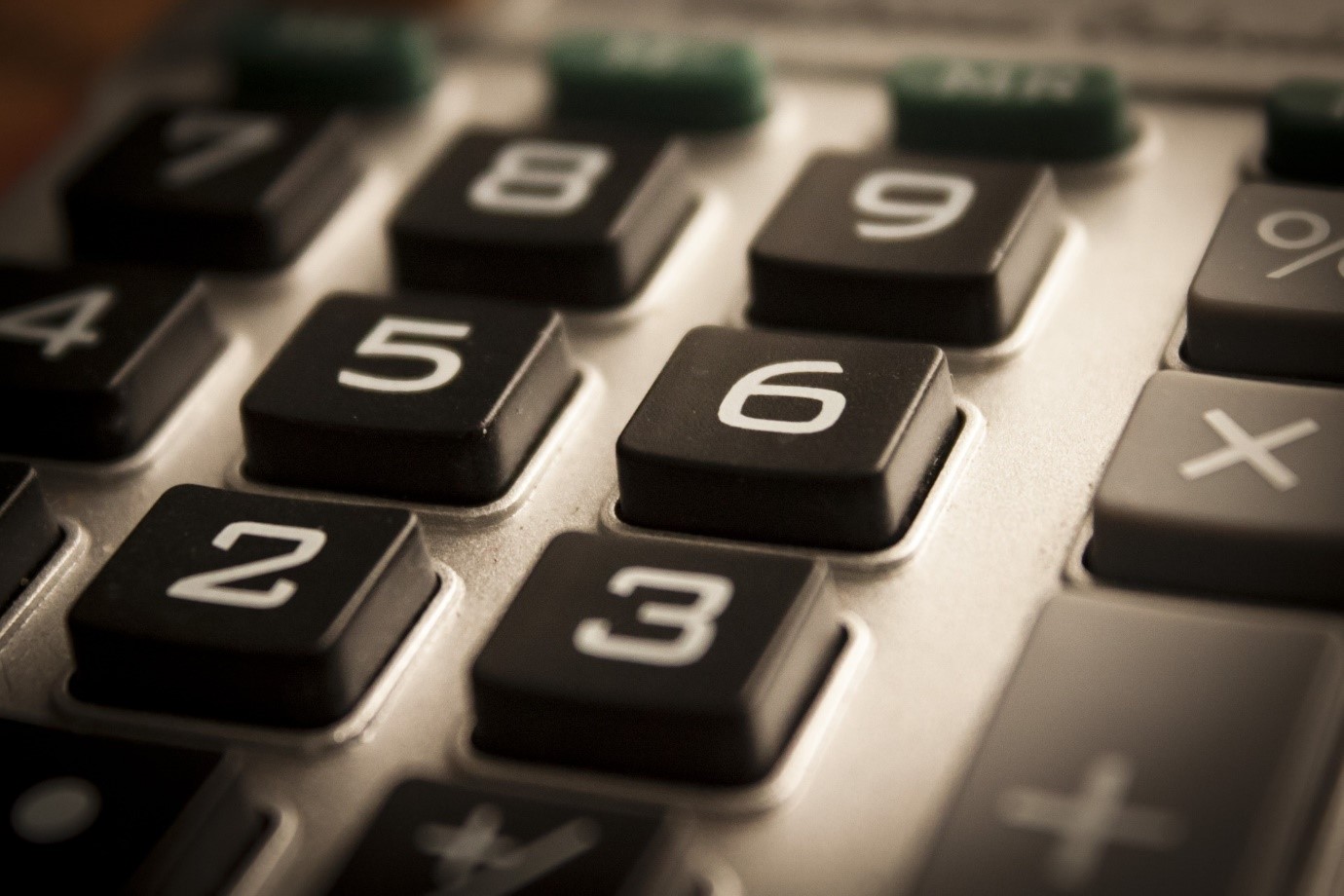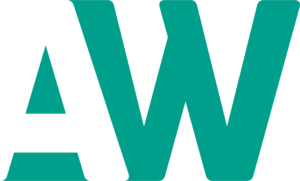The tax system contains a number of allowances which enable individuals to enjoy income and gains tax free. In seeking to maximise your tax-free income, it makes sense to take advantage of available allowances. The following are a selection of some of the allowances on offer.
Personal allowance
Individuals are entitled to a personal allowance each year, set at £11,850 for 2018/19, rising to £12,500 for 2019/20. However, not everyone can benefit from the allowance – once income reaches £100,000 it is reduced by £1 for every £2 by which income exceeds more than £100,000 until it is fully abated. Reducing income below £100,000 will help preserve the allowance.
The personal allowance is lost if it is not used in the tax year – it cannot be carried forward (although in certain circumstances it is possible to transfer 10% to a spouse or civil partner). To prevent the allowance being wasted, various steps can be taken depending on personal circumstances, including:
- paying dividends to use up both the dividend allowance and any unused personal allowance;
- transferring income earning assets from a spouse to utilise the unused allowance;
- paying a bonus from a family or personal company;
- accelerating income so that it is received before the end of the tax year.
Marriage allowance
The marriage allowance can be beneficial to couples on lower incomes, particularly if one spouse or civil partner does not work. The marriage allowance allows one spouse or civil partner to transfer 10% of their personal allowance (as rounded up to the nearest £10) to their spouse or civil partner, as long as the recipient is not a higher or additional rate taxpayer. The marriage allowance is set at £1190 for 2018/19 and £1250 for 2019/20, saving couples tax of, respectively, £238 and £250. The allowance must be claimed: see www.gov.uk/apply-marriage-allowance.
Trading allowances
Individuals are able to earn income from self-employment of up to £1,000 tax-free and without the need to declare it to HMRC. Where income exceeds £1,000, the allowance can be claimed as a deduction from income in working out the taxable profit, rather than deducting actual costs. Where allowable expenses are less than £1,000, claiming the treading allowance instead will be beneficial.
Property allowance
A similar allowance exists for property income, allowing individuals to receive property income of up to £1,000 tax-free without the need to tell HMRC. Where property income is more than £1,000, the individual can deduct this rather than actual costs when computing profits for the property rental business if this is more beneficial.
Rent-a-room
The rent-a-room scheme allows individuals to earn up to £7,500 tax-free from letting a furnished room in their own home. The limit is halved where two or more people receive the income.
Savings allowance
Basic rate taxpayers are entitled to a savings allowance of £1,000, while higher rate taxpayers benefit from a savings allowance of £500. Additional rate taxpayers do not get a savings allowance. ISAs provide the opportunity to earn further savings income tax free.
Dividend allowance
All taxpayers regardless of the rate at which they pay tax are entitled to a dividend allowance, set at £2000 for both 2018/19 and 2019/20. This can be useful in extracting profits from a family company in a tax-efficient manner.
Capital gains tax annual exempt amount
Individuals can also realise tax-free capital gains up to the exempt amount each year – set at £11,700 for 2018/19 and at £12,000 for 2019/20. Spouses and civil partners have their own annual exempt amount. Time sales of assets to make best use of the annual exemption.
The above is only a small selection of the allowances available.
For more information please call the Accountwise team on 01189 623 702 or email us here


